On January 24, 1679 in Celtic History
King charles ii of england disbands parliament
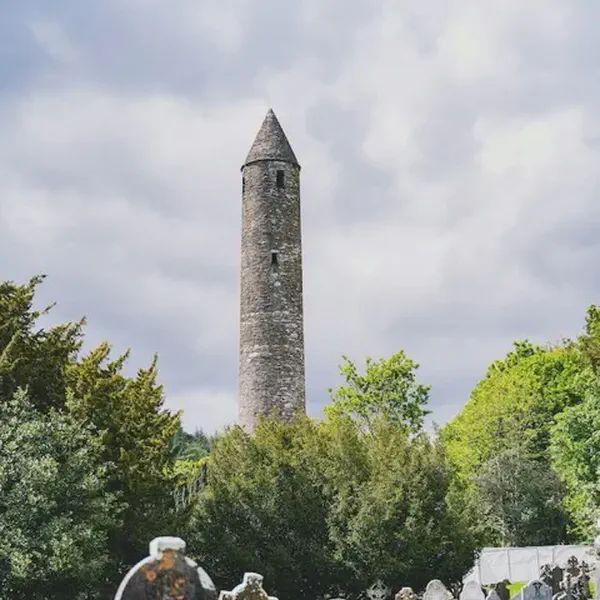
Charles II (29 May 1630 – 6 February 1685) was King of Scotland from 1649 until 1651 and King of England, Scotland, and Ireland from the 1660 Restoration of the monarchy until his death in 1685.
Charles’s English parliament enacted the Clarendon Code, to shore up the position of the re-established Church of England. Charles acquiesced to these new laws even though he favoured a policy of religious tolerance. The major foreign policy issue of his early reign was the Second Anglo-Dutch War. In 1670, he entered into the Treaty of Dover, an alliance with his cousin King Louis XIV of France.
Louis agreed to aid him in the Third Anglo-Dutch War and pay him a pension, and Charles secretly promised to convert to Catholicism at an unspecified future date. Charles attempted to introduce religious freedom for Catholics and Protestant dissenters with his 1672 Royal Declaration of Indulgence, but the English Parliament forced him to withdraw it.
In 1679, Titus Oates’s fabrication of a supposed Popish Plot sparked the Exclusion Crisis when it was revealed that Charles’s brother and heir presumptive, James, Duke of York, had become a Catholic. The crisis saw the birth of the pro-exclusion Whig and anti-exclusion Tory parties. Charles sided with the Tories and, after the discovery of the Rye House Plot to murder Charles and James in 1683, some Whig leaders were executed or forced into exile.
Charles dissolved the English Parliament in 1681 and ruled alone until his death in 1685.
More From This Day
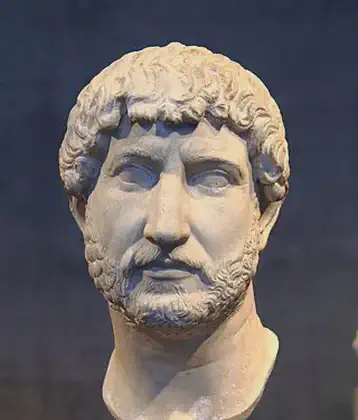
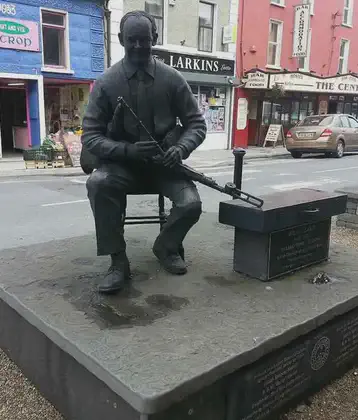
Willie Clancy, Irish folklorist and traditional Uilleann bagpiper, died
January 24, 1969


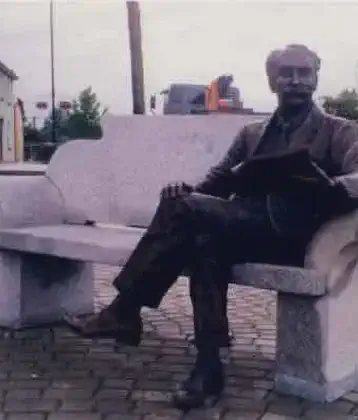
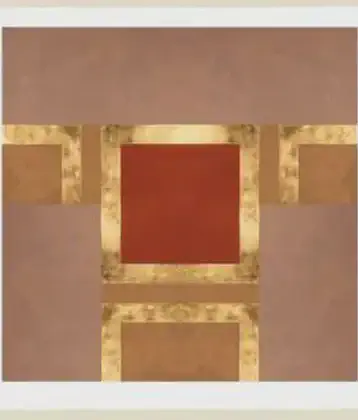

Charles Plummer, Irish language scholar and editor of Lives of the Irish Saints, is born
January 24, 1851